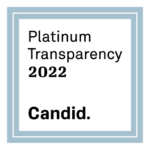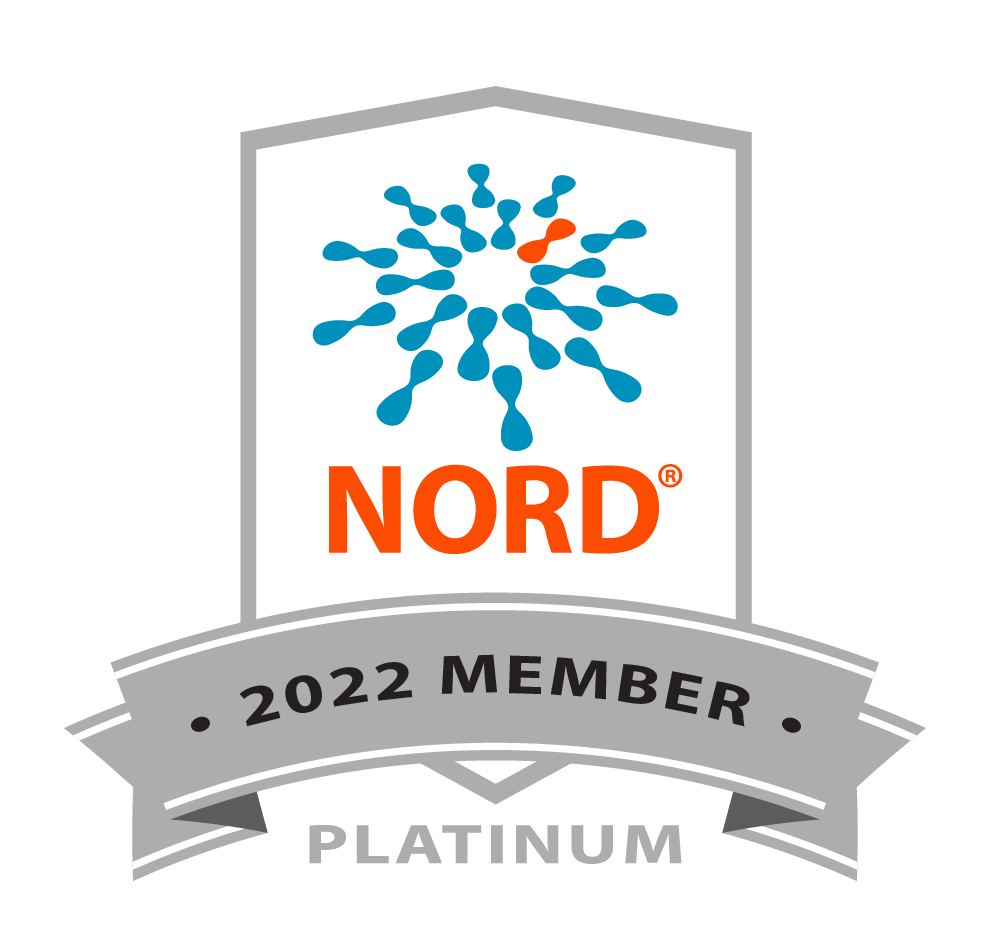April 8, 2022- Important COVID-19 Omicron Variant Update
At the beginning of 2022 an Omicron variant caused a surge in cases. Patients infected with this variant development mild illness. Most recently, a second variant has taken over which is another form of Omicron. This variant is quite similar to the original Omicron and is not causing severe disease at this point in time. However, for immunocompromised patients or those with lung disease there is more concern even when infected with these mild variants. Both Omicron variants are extremely contagious and vaccinated patients may also test positive. When you are in public settings, a medical mask or N95 is your best protection, cloth masks do not provide the level of protection needed for this variant.
Please note the CDC guidelines are for the general public but for people at significant risk, such as those with Alpha-1 Antitrypsin Deficiency lung and/or liver disease, extra precautions need to be taken under the present Omicron surge.
We are urging extreme caution in being around a person that has been recently diagnosed with COVID-19. Any person that tests positive for COVID-19 should be tested at least 10 days after their positive COVID test and an Alpha should require that person to have a negative COVID-19 test before any visit occurs.
Your health and safety is our number one priority.
Spread
The Omicron variant is highly contagious and spreads more easily than the original SARS-CoV-2 virus or the Delta variant and is now the dominant variant in the country. Early evidence suggests that COVID-19 caused by the Omicron variant is less severe than the Delta variant, but those preliminary studies did not look at individuals with underlying lung or liver disease.
Vaccines
Current vaccines are expected to protect against severe illness, hospitalizations, and deaths due to infection with the Omicron variant. However, we are seeing breakthrough infections in both double and triple vaccinated individuals.
Vaccines remain the best public health measure to protect people from COVID-19, slow transmission, and reduce the likelihood of new variants emerging.
COVID-19 vaccines are highly effective at preventing severe illness, hospitalizations, and death. Scientists are currently investigating Omicron, including how protected fully vaccinated people will be against infection, hospitalization, and death. CDC recommends that everyone 5 years and older protect themselves from COVID-19 by getting fully vaccinated. CDC recommends that everyone ages 18 years and older should get a booster shot at least two months after their initial J&J/Janssen vaccine or six months after completing their primary COVID-19 vaccination series of Pfizer-BioNTech or Moderna. Many in public health have suggested that the term “fully vaccinated” be considered to mean receiving both the initial vaccination series plus a booster.
Treatments
Masks offer protection against all variants and as said above, during this surge we recommend the use of N95 mask under any situation where you have contact with individuals outside your home.
Tests continue to be useful to tell you if you are currently infected with COVID-19. Two types of tests are used to test for current infection: nucleic acid amplification tests (NAATs) and antigen tests.
There are increased false negatives from antigen testing with the Omicron variant so if you have symptoms it is recommended that you are cautious and retest. The PCR test is more sensitive but presently testing lines are long and medical centers are crowded so it is best to schedule a PCR test rather than wait on a line.
Some pharmacies have received supplies of the Pfizer drug Paxlovid so if you do develop COVID you should contact your local doctor to try to get a prescription. Supplies are currently limited. This drug needs to be given early in the infection.
Click here to view full Guidance & Recommendations for Alphas.











